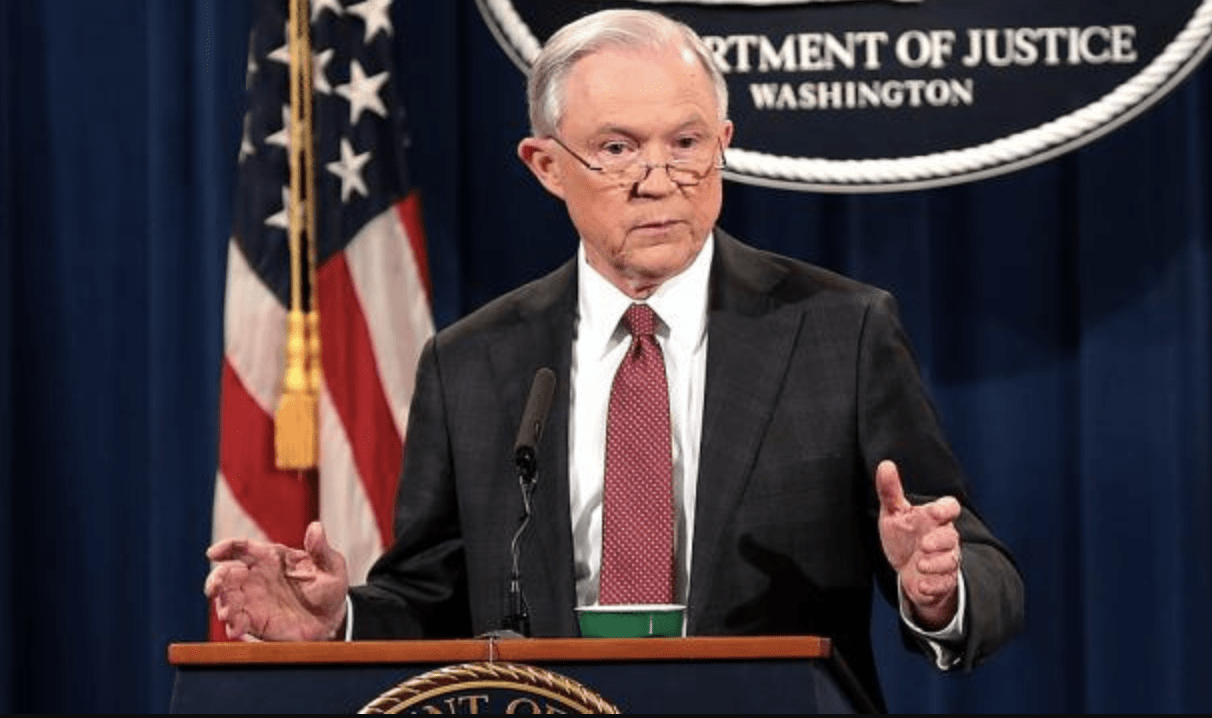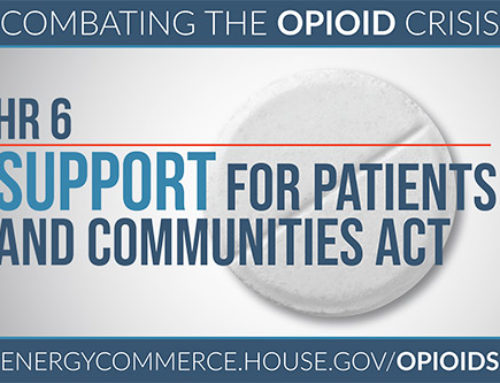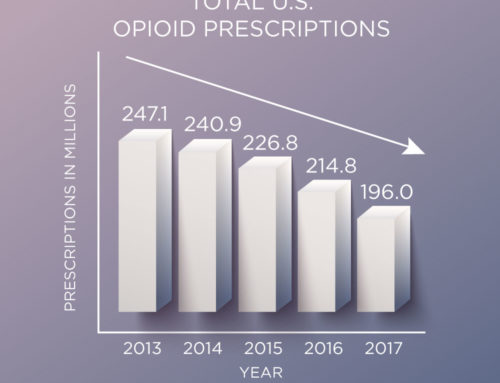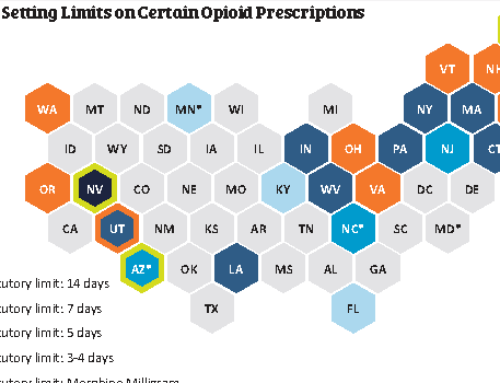On November 29, Attorney General Jeff Sessions announced three new initiatives from the Department of Justice to address the opioid crisis.
First is the news of $12.2 million in federal grant funding for state and local law enforcement partners to combat illegal manufacturing and distribution of methamphetamine, heroin, and prescription opioids. The DEA’s Community Oriented Policing Services (COPS) Office will award funds through two programs:
- Anti-Heroin Task Force Program (AHTF): recipient agencies and amounts are listed here and include the following states with high per capita levels of primary treatment admissions for heroin and other opioids: Kentucky, Maine, Maryland, Minnesota, New Hampshire, New Jersey, New York, and Vermont.
- COPS Anti-Methamphetamine Program (CAMP): recipient agencies and amounts are here and include the following states that have demonstrated numerous seizures of precursor chemicals, finished methamphetamine, laboratories, and laboratory dump seizures: California, Iowa, Kentucky, New York, North Carolina, and Virginia.
A second initiative, the conversion of the existing Louisville, Kentucky District Office into a new DEA Field Division, will include about 90 special agents and 130 task force officers. Effective Jan. 1, 2018, this new division will align and enhance DEA enforcement efforts within the Appalachian mountain region of Kentucky, Tennessee, and West Virginia—areas significantly impacted by heroin, fentanyl, and prescription opioid trafficking and having the highest rates of death due to drug overdose.
The third initiative is a directive to all U.S. Attorneys to designate an Opioid Coordinator by Dec. 15, 2017. According to the DEA news release and memorandum, this individual will:
- Facilitate intake of cases involving prescription opioids, heroin, and fentanyl
- Convene a task force of federal, state, local, and tribal law enforcement to identify opioid cases for federal prosecution, facilitate interdiction efforts, and tailor their district’s response to the needs of the community it serves
- Provide legal advice and training to Assistant U.S. Attorneys regarding the prosecution of opioid offenses
- Maintain statistics on the opioid prosecutions in the district; and
- Develop and continually evaluating the effectiveness of the office’s strategy to combat the opioid epidemic.
********************
Learn about safe opioid prescribing in a CO*RE course, available live or online, or access practical tools here.
For Further Reading
- Attorney General Jeff Sessions Delivers Remarks Announcing New Tools to Combat the Opioid Crisis
- Anti-Heroin Task Force Program
- COPS Anti-Methamphetamine Program
- Fentanyl Deaths Alarmingly High
- Drug Overdose Death Data (CDC)
- Attorney General Sessions and Acting DEA Administrator Patterson announce new tools to address opioid crisis
- Memorandum for All United States Attorneys – November 29, 2017







